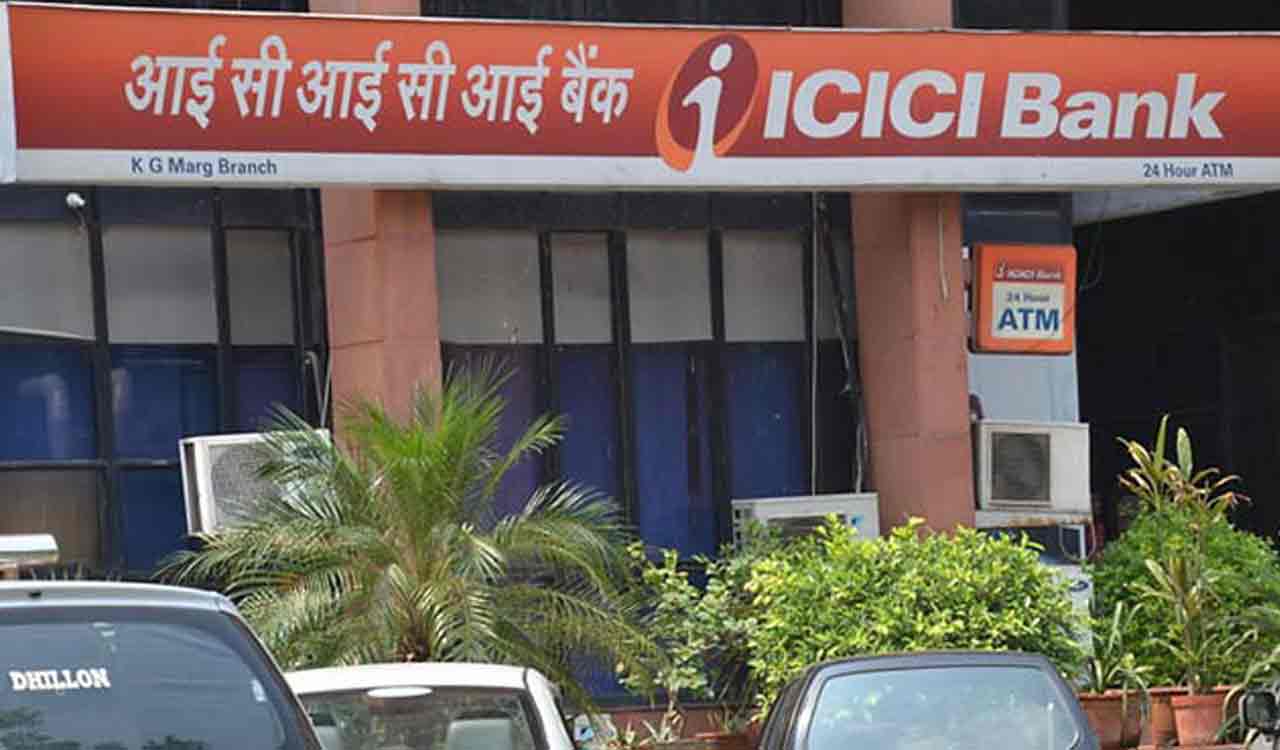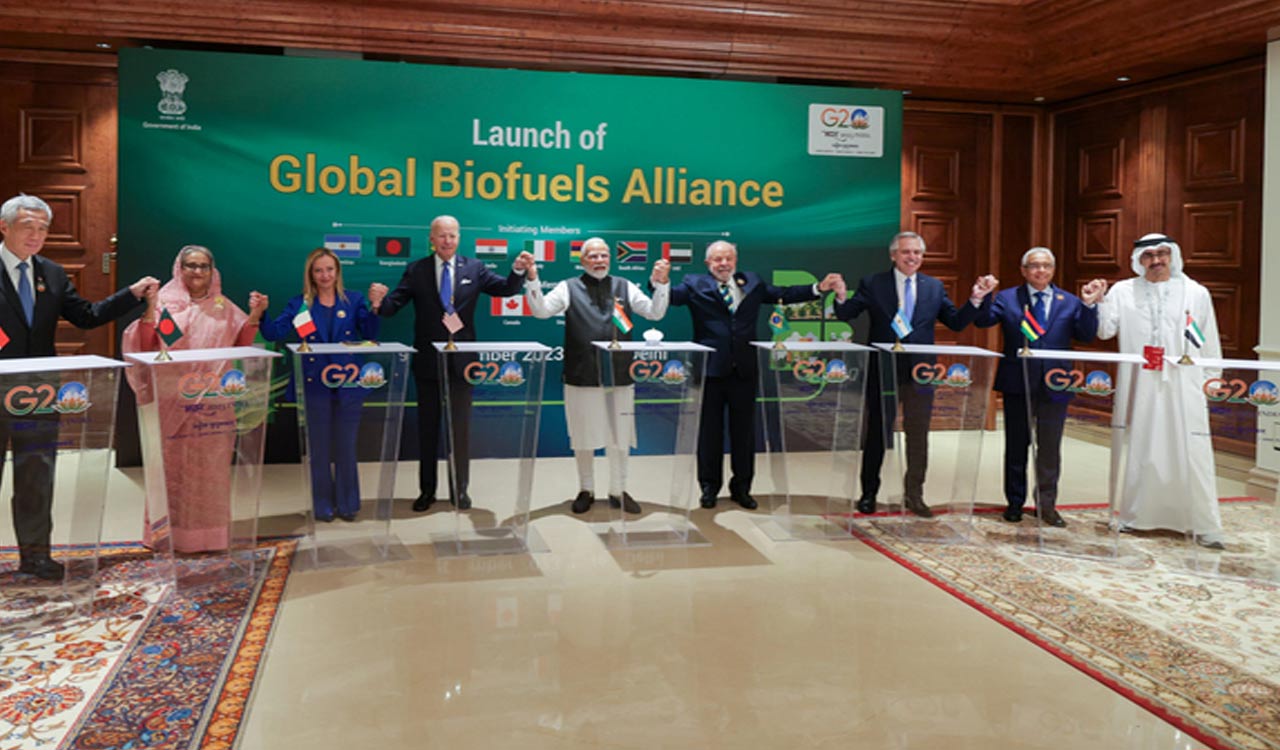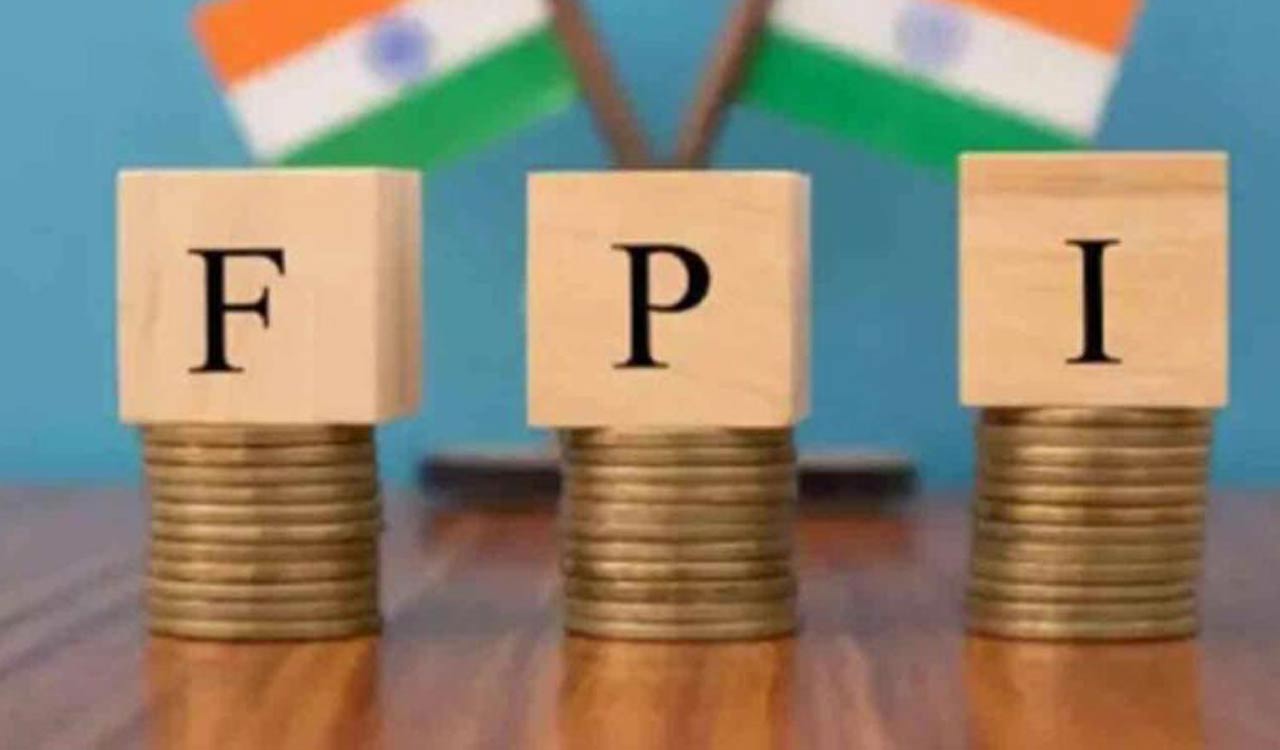Biofuel alliance can generate opportunities worth USD 500 billion in the next three years for G20 countries, according to Indian Biogas Association
Published Date – 12:00 PM, Sun – 10 September 23
New Delhi: Biofuel alliance can generate opportunities worth USD 500 billion in the next three years for G20 countries, according to Indian Biogas Association (IBA). Biofuel alliance can be a win-win situation for G20 countries and the environment, IBA said.
According to a study by the IBA, the biofuel alliance can generate opportunities worth USD 500 billion in the next three years for G20 countries. The findings of the study assume significance as India is currently hosting the G20 leaders’ Summit in New Delhi.
Biogas can generate an opportunity of USD 200 billion, considering the least investment required, compared to other energy generation options and easy availability of raw materials, it stated.
Bioenergy/Biogas, in principle, has the potential to replace fossil fuels completely, especially to decarbonize the transport sector, it pointed out.
In 2016, the G20 adopted a voluntary action plan on renewable energy, which committed members to increase the share of renewable energy in their energy mix.
India significantly increased its share of renewable energy in the overall energy mix and grew at a CAGR of roughly 22 per cent in the last six years.
India has ramped-up solar energy 20-fold in the last decade. During this period, solar energy and wind energy roughly grew at a CAGR of 38 per cent and 30 per cent, respectively.
It stated that an initial investment of USD 100 billion in financial support will be required to trigger the biofuel industry, five billion for each G20 partner in the next three years.
This anchor investment will have further multiplier effects on private investments and the production of biofuels, especially biogas. Creating a favorable regulatory environment in the G20 countries and sharing technological advancements will be key to the success of this biofuel alliance, it stated.
Promoting international cooperation through best practices followed across G20 nations will be key to the success of the biofuel alliance, it opined.
The transfer of machinery and equipment within G20 partners must be made easy for the success of the biofuel alliance.
This will help G20 nations reduce their dependence on fossil fuels; their overall import bill for non-fossil fuels can be reduced by billions of USD within the next three years, helping them meet Sustainable Development Goals, it stated.
Increased energy security, and creation of jobs for each country can be envisaged, it said, adding that improved air quality and a better environment can save billions in healthcare expenses.
The G20 is a powerful forum that can play a major role in promoting Bio energy.
As per Ministry of New & Renewable Energy, current biogas and CBG production in the country is 1151 MT per day, and with the push to the sector, even with conservative estimates, it can go up to 1750 MT per day by 2025 in the next few years.
So far as biomass availability is concerned, there is a tremendous availability of potent biomass in India, and harnessing all of these as the CBG plant’s feedstocks shall lead to a whopping production capacity of 170,000 MT of CBG per day, good enough to replace one-third of the crude oil imports or three times the imported LNG, it stated.
The average cost for each biogas plant is USD 4.25 million, and with the government’s target of 5,000 biogas plants, this is a huge opportunity of over USD 200 billion, it stated.























